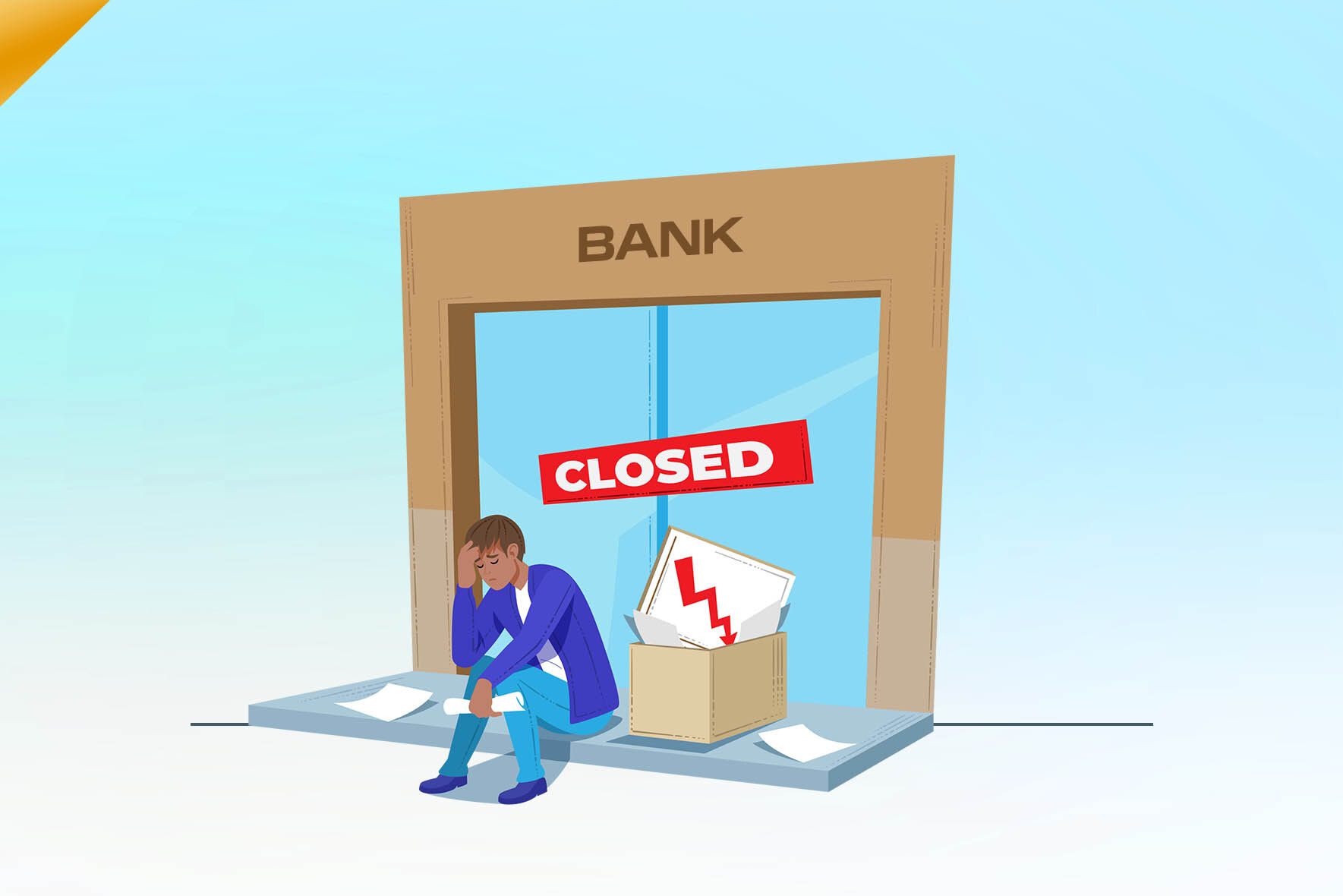
NDIC Payout: How to Protect Your Money During Bank Failures
Author Taiwo Temitope-Adesope
In Nigeria's changing banking world, the NDIC is a key player in keeping the financial system secure and stable. But what exactly is the NDIC, and why should you care about it?
The NDIC is a government agency that was established in 1988. Its main mission is to protect depositors and build trust in the Nigerian banking system. Think of it as a safety net, catching you if your bank stumbles and falls.
Imagine this scenario: You wake up one morning to the shocking news that your bank has failed. Panic sets in as you wonder, "What happens to my hard-earned money?" This is where the NDIC steps in, ensuring that you don't lose everything in case of a bank failure.
The institution's role goes beyond just being a financial lifeguard. It also:
- Supervises banks alongside the Central Bank of Nigeria
- Assists in forming banking policies
- Ensures that it resolves failed banks in an orderly manner.
"The NDIC is to depositors what a life jacket is to a swimmer in deep waters." - Anonymous Nigerian banker
NDIC Deposit Insurance
Now that we understand the institutions' role, let's get to the heart of the matter: deposit insurance. The NDIC doesn't just offer promises of protection; it provides concrete guarantees up to specific limits.
Here's the breakdown of current maximum insured amounts for different types of banks:
| Bank Type | Maximum Insured Amount |
| Deposit Money Banks (DMBs) | ₦5,000,000 per depositor |
| Primary Mortgage Banks (PMBs) | ₦2,000,000 per depositor |
| Microfinance Banks (MFBs) | ₦2,000,000 per depositor |
These limits apply per depositor, per insured bank. This means if you have accounts at multiple banks, each account is insured separately up to the maximum limit.
It's important to note that:
- Joint accounts are insured separately from individual accounts
- The insurance covers both savings and current accounts
- Foreign currency deposits are also insured, but paid out in Naira
For those with deposits exceeding these limits, don't panic. We'll discuss other ways of getting back funds later in this post.
To check if your bank is insured, you can visit the official NDIC website for a list of covered institutions. If you're looking to save, visit nairaCompare to compare savings accounts from NDIC-insured institutions! With nairaCompare, you can easily find the best rates and open an account that fits your needs.
Remember, knowledge is power when it comes to your money. Stay in-the-know about your rights, and the protections you have.
Reimbursement Process
When a bank fails, the NDIC springs into action with a well-defined process to protect you. Let's break down what happens:
1. Bank Closure: The Central Bank of Nigeria (CBN) declares the bank failed and takes bac its license.
2. NDIC Intervention: The NDIC steps in as the official liquidator of the failed bank.
3. Resolution Strategy: The NDIC decides on the best approach, which could be:
- Payoff: Directly repaying insured customers.
- Purchase and Assumption: Arranging for a healthy bank to take over the failed bank's insured deposits
- Bridge Bank: Creating a temporary bank to assume the operations of the failed bank
- The NDIC announces the start of payments to depositors
- Depositors are to file claims, usually by filling out forms and providing documents.
- The NDIC checks claims against the bank's records
- Insured deposits are paid out, often through agent banks or direct bank transfers
%20(79).png?width=600&height=200&name=Copy%20of%20Introducing%20the%20Money%20in%20Minutes%20Business%20Loan%20(Email%20Header)%20(79).png)
Worth noting is that the NDIC aims to make insured payments within 7 days of a bank's closure. However, complex cases may take longer.
Conclusion
Choosing an NDIC-insured bank is more than just a smart financial decision—it's a crucial step in protecting your hard-earned money. The NDIC's deposit insurance scheme provides a safety net that can give you peace of mind in an uncertain financial world.
Key takeaways:
- Make sure that your bank is NDIC-insured
- Understand the insurance limits for your type of account
- Consider spreading large deposits across multiple insured banks
- Keep your account information up-to-date to ensure a smooth claim processing if needed
Beyond the insured amount, there's still hope for getting back funds through Liquidation Dividends. The NDIC sells off the failed bank's assets. Any money made is given to customers with no insurance and other creditors. While this can take years and full recovery isn't guaranteed, it offers a chance to get more of your deposits.
Remember, financial literacy is your best defence against bank failures. Stay informed about your bank's health by regularly checking its statements and ratings.
By understanding the NDIC's role and your rights, you're better prepared for banking in Nigeria. After all, knowledge isn't just power—it's financial security.
About Author

Taiwo Temitope-Adesope
Taiwo is a passionate storyteller and strategist dedicated to empowering women and crafting compelling narratives. A First-Class graduate in Mass Communication from Covenant University, she specializes in writing, public relations, and digital marketing. As a Content Manager at Suretree, she drove a 50% increase in web traffic through SEO and boosted website engagement by 60% in just four months. Her leadership experience includes serving as Public Relations Officer for the Covenant University Student Council and contributing to impactful volunteer initiatives. With expertise in strategic thinking and business acumen, Taiwo continues to create stories that inspire confidence and imagination.



%20(38).png?width=600&height=200&name=Copy%20of%20Introducing%20the%20Money%20in%20Minutes%20Business%20Loan%20(Email%20Header)%20(38).png)






